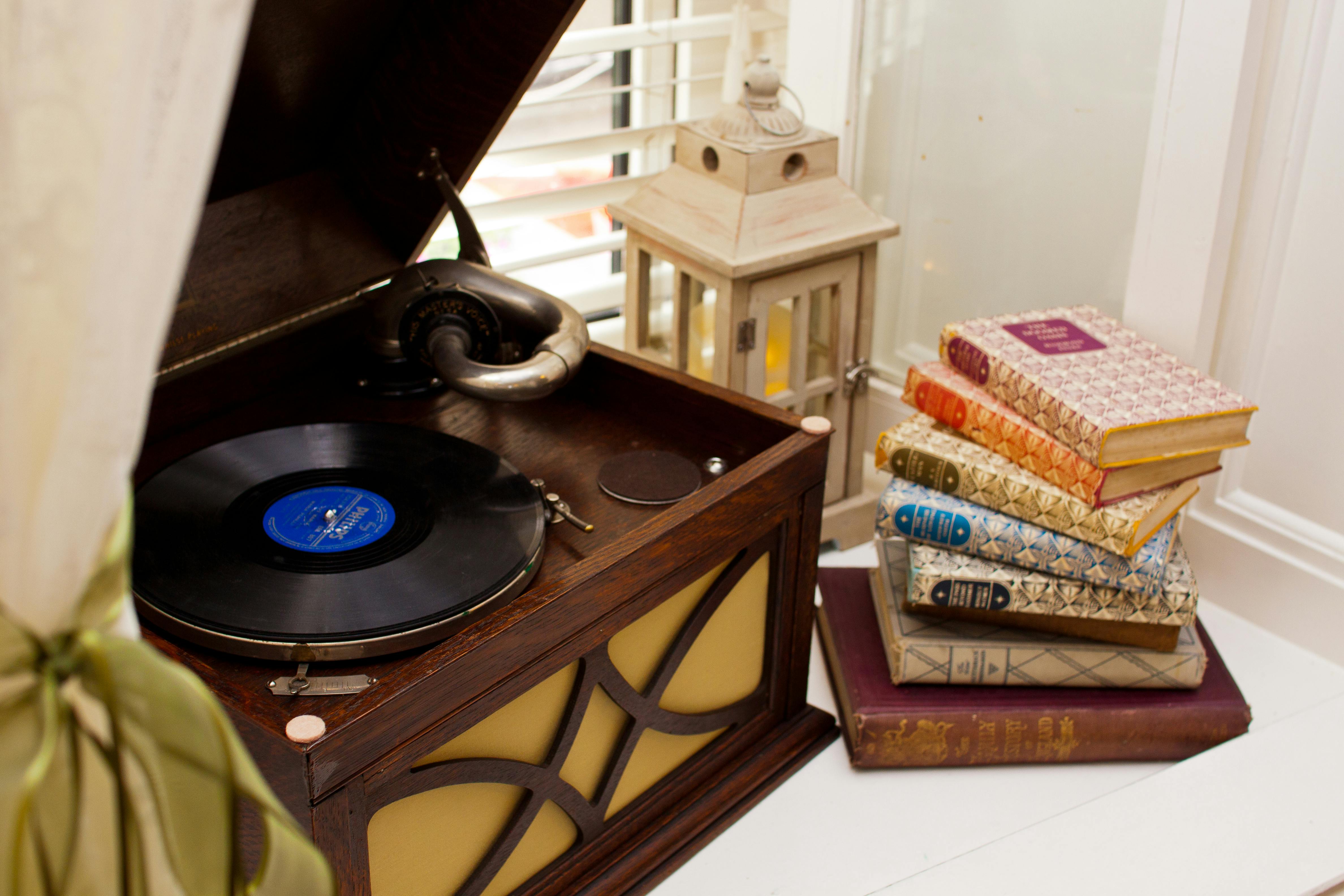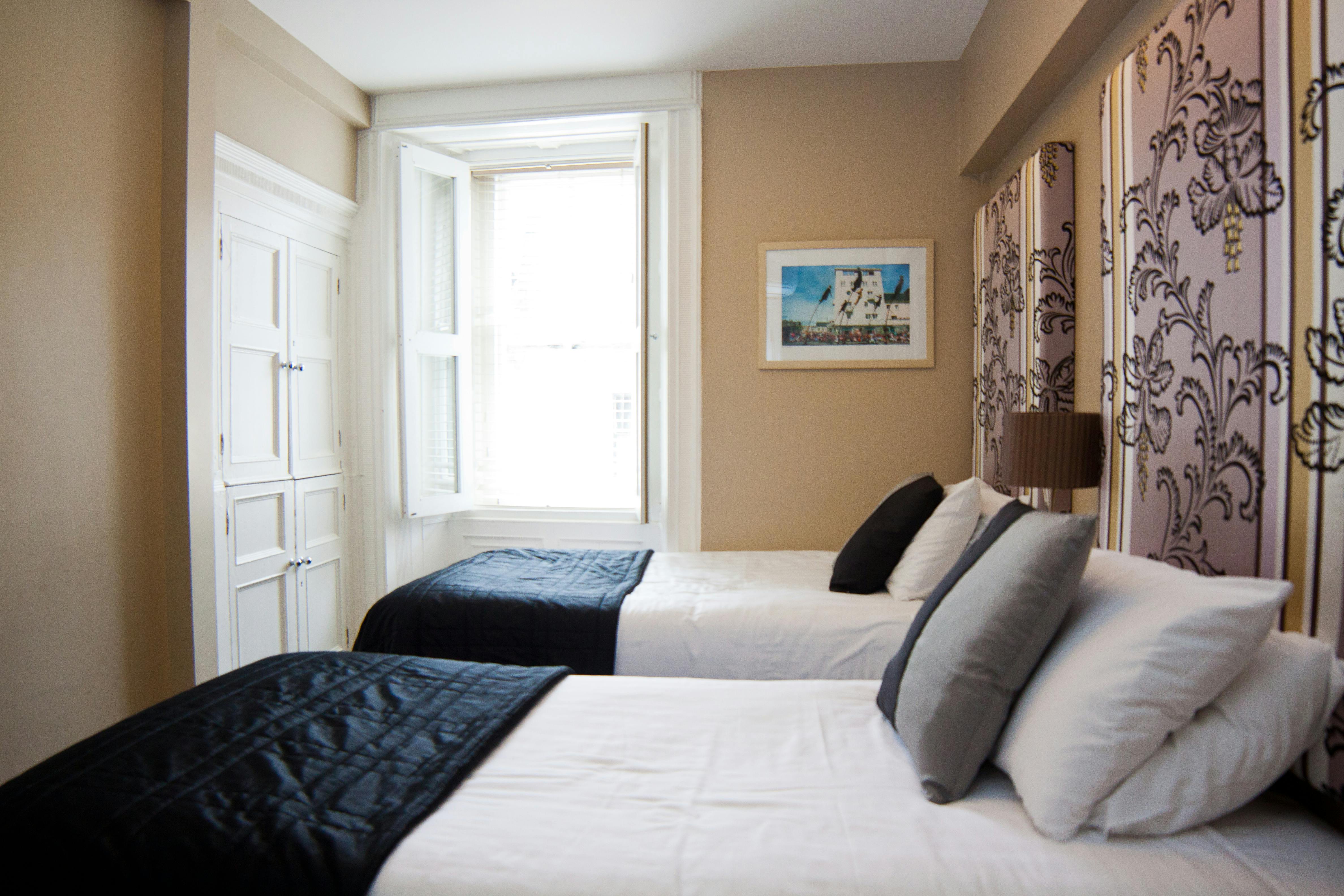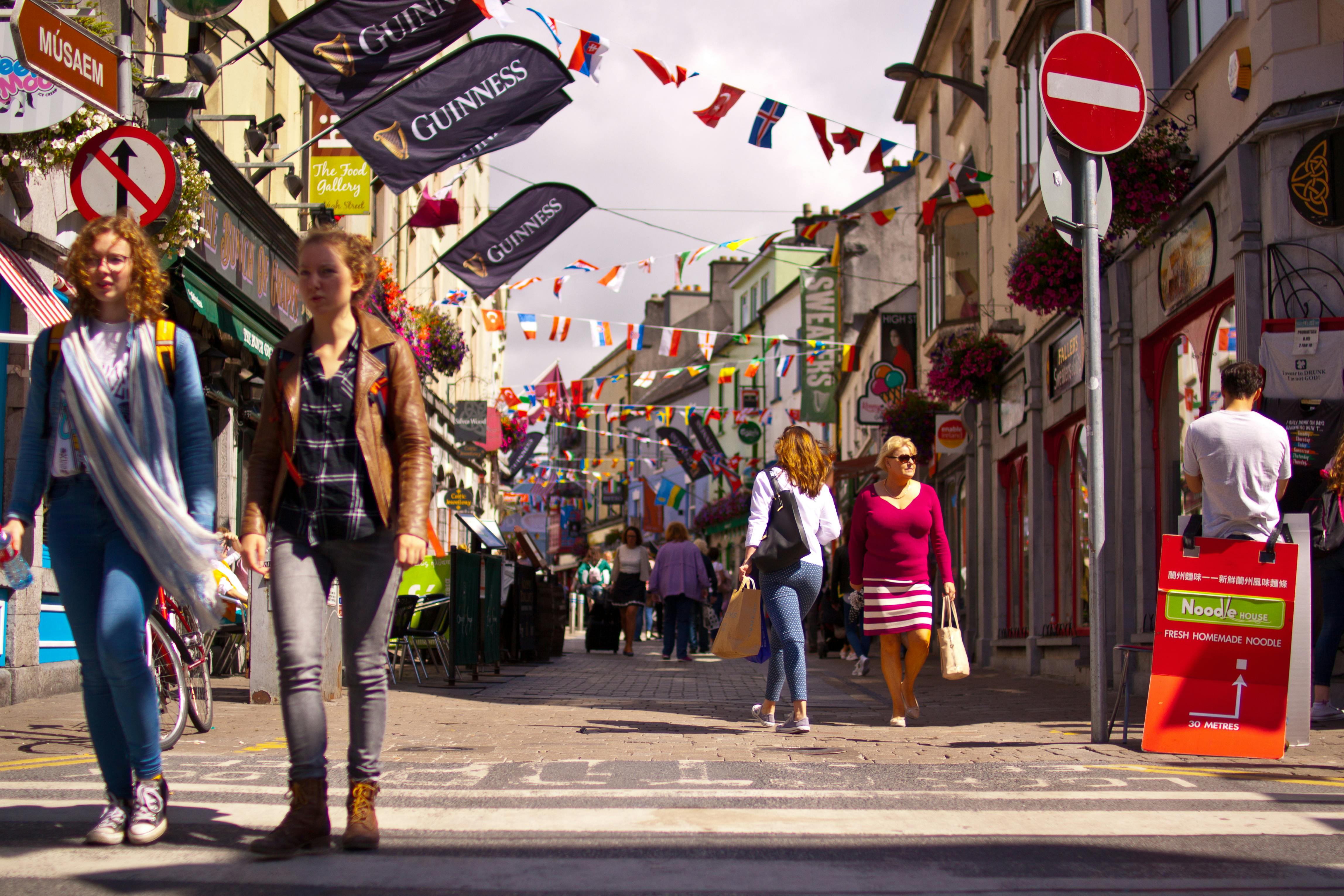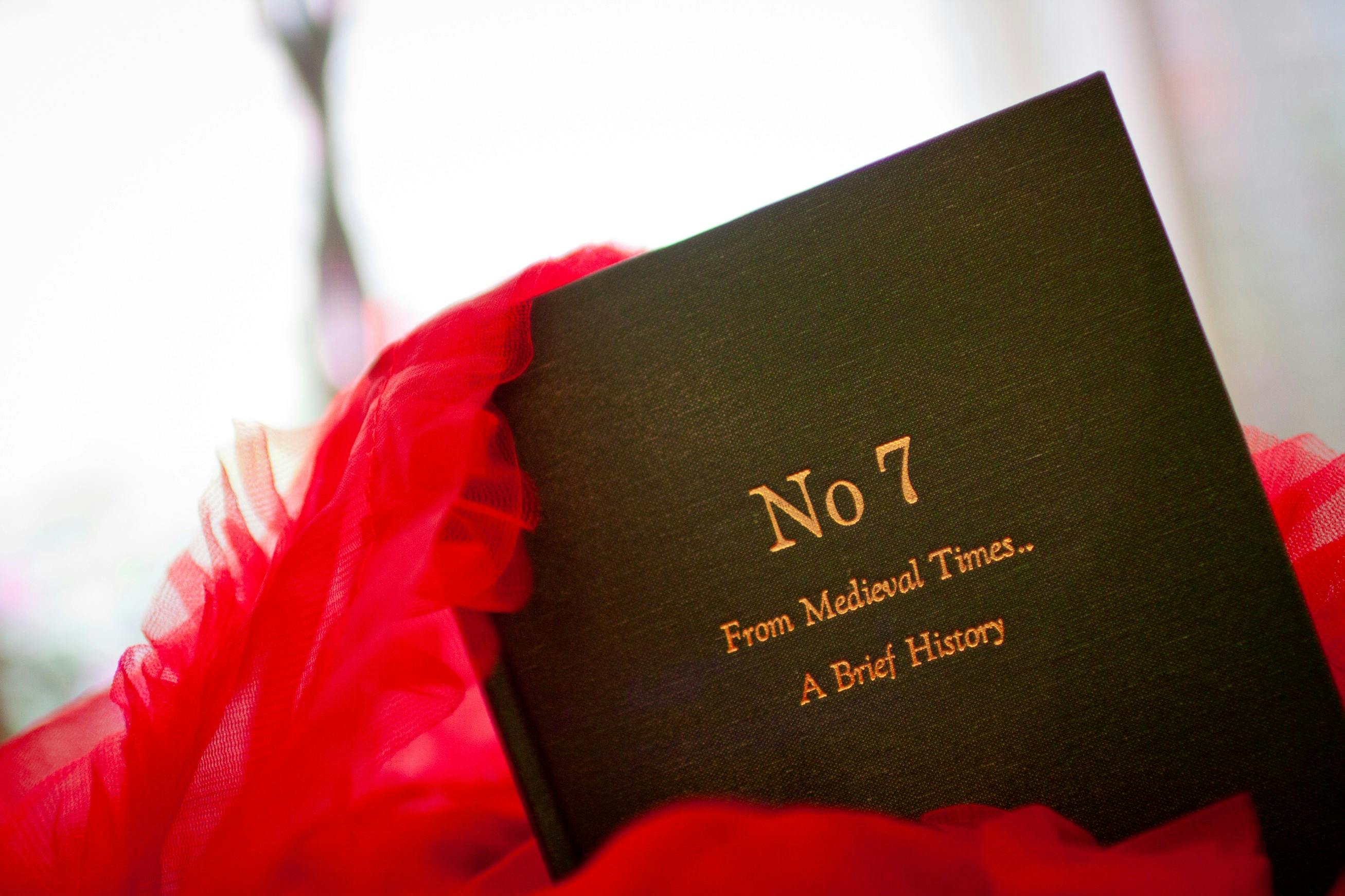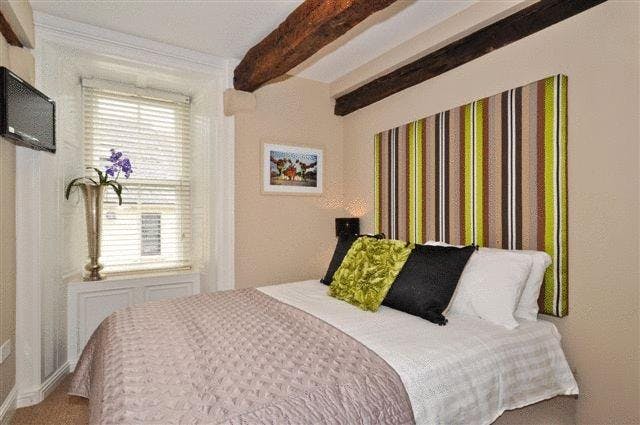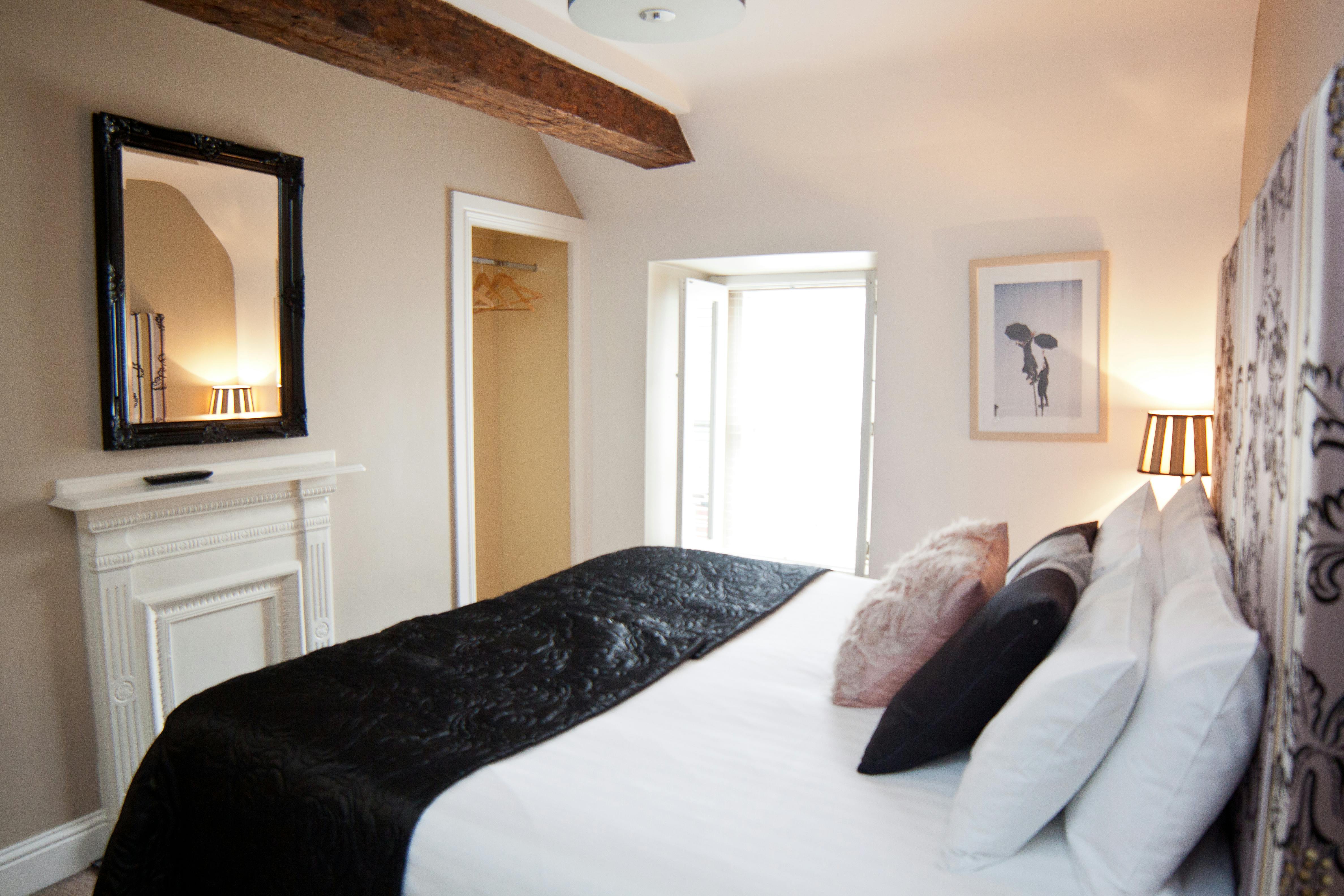About Us
IF THESE WALLS COULD TALK…
If the thick stone walls of this centuries-old room could talk, they would undoubtedly have countless tales to tell – some of them happier than others.
7 Cross Street is almost as old as the city of Galway itself, and has a long, fascinating and occasionally turbulent history.
Galway City began as a crossing point on the Corrib (incidentally, one of the shortest rivers in Europe, with a length of just six kilometres from the lough to the Atlantic), and was granted a charter and city status in 1484 by King Richard III. The most westerly point of Europe, Galway prospered and quickly developed a strong trading relationship with the continent, most especially Spain. 7 Cross Street was built as a lodging house for Spanish traders around that time.
Unfortunately, famine, disease and social unrest during the Cromwellian Siege of Galway (which lasted from August 1651 to May 1652) took its toll on the building. When the English invaders finally took control, 7 Cross Street suffered the same fate as many other fine medieval buildings in the city and was ransacked and seriously vandalised. Look at the wooden beams in the rooms on the upper floors and you can clearly see evidence of this wanton destruction.
It took decades for the city to rebuild and recover. When 7 Cross Street was renovated, it served at various times as a private townhouse to prosperous merchants, a lodging house for travellers, and, for one brief period, as a notorious brothel. The brothel was forced to close shop in 1686 when Dominican nuns moved into the adjoining building (which is now Busker Brownes pub).
During the Great Irish Famine – or the “Great Hunger” – between 1845 and 1852, 7 Cross Street housed the captains of the famine ships – aka “coffin ships” – that carried tens of thousands of starving Irish across the Atlantic to America. The Famine Memorial Park in Whitestrand – where engraved standing stones list the names of the 100 ships that sailed from Galway - is just a fifteen-minute walk away.
Thankfully, happier times followed. In the late 1800s, the wealthy businessman Richard Martin – who lived in the Cross Street corner house (now Neachtain’s pub) – built a theatre for his actress wife in Kirwan’s Lane. 7 Cross Street then played host to visiting troupes of actors and musicians.
So take a moment to stand still and listen carefully to what these walls are telling you… and hear the whispers of soldiers and sailors far from home, and stories of fear, famine, conflict, betrayal and pain. Oh, and of course screams of pleasure (the brothel period!). The more recent ones will be stories of love and laughter, creativity and drama, friendship, warmth and a real Irish welcome.
Enjoy your stay here. You are now a part of the history of 7 Cross Street. In years to come, these walls may well be whispering about you…
Helpful Info:
Parking: The Spanish Arch carpark is the most convenient to us, located right next to Jurys Hotel on the Spanish Parade, they offer us a discounted rate of €10 until 1pm the following day. This can be accessed by going to the office inside the carpark on the ground floor and telling them that you are guests of ours.
Check-in: Our front desk is open for check-in any time between 3pm and 10pm. However, if you arrive early we would be more than happy to hold and luggage for you.
Check-out: Our check out time is 12 midday.

